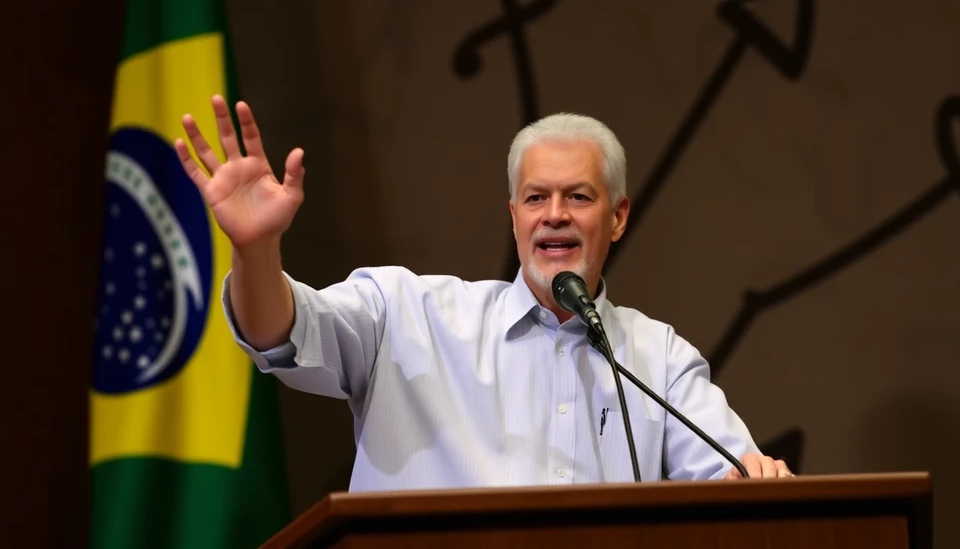
In a significant political tug-of-war, Brazil's Congress is currently deliberating over President Luiz Inácio Lula da Silva's proposed spending cuts. These cuts are part of his administration's broader strategy to navigate the country's economic challenges, yet they are increasingly facing opposition due to rising social concerns among various stakeholders.
The background of this situation stems from Brazil's attempts to balance fiscal responsibility with the essential social programs aimed at assisting its most vulnerable populations. Lula's government initially proposed a series of austerity measures that would redirect funds from public services, causing alarm among social advocates who fear the repercussions on the nation’s poor and middle-class citizens.
The proposed austerity measures were designed to meet certain economic benchmarks necessary for macroeconomic stability. However, as discussions progress, Congress members are expressing hesitance, weighing the potential risks of social discontent against the need for fiscal discipline. This pushback highlights a fundamental conflict between economic policies and the social fabric of Brazil, underscoring fears of increased inequality if spending is slashed too deeply.
Critics of the planned cuts argue that essential services, such as education, healthcare, and housing support programs, could suffer significantly. They assert that these services are crucial for addressing the socio-economic disparities that have plagued Brazil for decades. The opposition is rallying around the notion that economic recovery cannot come at the expense of the nation’s most vulnerable citizens.
In response to this political pressure, Lula's administration has indicated a willingness to engage in dialogue with Congress to find a viable compromise. The government is facing a vital decision point, needing to maintain its commitment to economic reform while simultaneously reassuring the public that their social needs will not be overlooked. Lula himself has been vocal about the necessity of finding a middle ground that will drive growth without exacerbating inequality.
As Congress continues its discussions, the outcome remains uncertain. Lawmakers are split on how to proceed, with some advocating for substantial revisions to the spending cut proposals to protect social programs, while others believe that the austerity cuts are necessary for long-term economic stability. The deliberations are expected to unfold over the coming weeks as officials weigh their options, keeping a close eye on public sentiment which remains one of the key factors in this political equation.
The next steps involve intense negotiations among the various factions within Congress, as well as public demonstrations that are likely to arise as this issue escalates. The government faces a crucial test of its ability to balance fiscal prudence with social responsibility, a balancing act that could define Lula's presidency in the years to come.
As Brazil navigates this challenging landscape, all eyes will be on how lawmakers choose to address these spending cuts and what implications this will hold for the future of the nation’s economic and social policies.
#Brazil #Lula #SpendingCuts #SocialConcerns #EconomicPolicy #Congress #Austerity
Author: Rachel Greene




